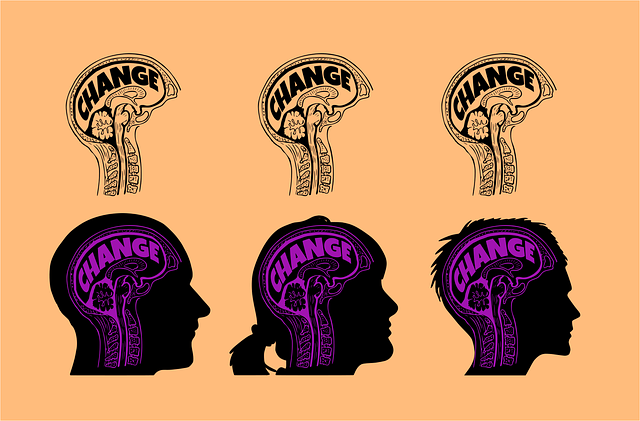From my America Out Loud Pulse podcast with Travis Morell, MD – https://www.americaoutloud.news/what-people-want-from-their-patient-physician-relationship/
Works on the scientific and ethical practice of medicine called the Corpus Hippocraticum are attributed to Hippocrates (450 – 375 BC), considered the father of medicine. The quote “do no harm” is not in the Oath of Hippocrates, but rather in another volume, Of the Epidemics. Additionally, the writings were written in Greek and the Latin phrase primum non nocere comes from a 17th Century English physician, Thomas Syndenham. Irrespective of the authorship’s history, for centuries the medical profession adopted the Oath as a guide of professional conduct.
Patients likely don’t know the instructions in the Oath, nonetheless, patients trust doctors with their health. The Oath advises physicians, among other things, to do everything for the benefit of the sick, to keep private whatever physicians see or hear in the lives of their patients, or as some translations say, treated as “holy secrets.” These duties attached whether the patients were “free or slaves.”
Multiple surveys (here, here, here, here) have asked patients what they really want from their patient-physician relationship. Just as with any close relationship, undistracted listening tops the list. Another constant is that patient prefer the total experience with the doctor and his or her office over price. If one wish could be granted for patients it would be for more time with their doctor.
What makes are some of the other factors that make a good experience? In todays’ era of electronic medical records and computer screens, eye contact is more important than ever. If a doctor is open and honest about his knowledge base, gives truly informed consent to proposed treatments with risks and benefits, patients will develop trust. We need to have patients feel comfortable telling us everything that is going on in our lives. And doctors mustn’t be reluctant to form an emotional bond when making a connection with their patients. Patients want to know their doctor is not doing procedures for financial gain. Patients also want access to their physician. This is one of many reasons that direct primary care practices are growing increasingly popular.
Patients, like all of us want to be treated with respect. That means having their time and needs respected. Simple apology from the front desk if the doctor is running late goes a long way to letting patients know you care. Another thing patients need is clear communication, not ‘medicalese.’ Finally, patients want a partnership and giving then the opportunity to express their opinion about the proposed treatment.
My guest today is one of those physicians who is working to keep skill, compassion, and honesty in medicine – despite the roadblocks put up by current political winds and corporate takeovers.
Bio
Travis Morrell, MD, MPH, is a husband, father and physician leader. A lifelong learner to a fault, his medical training in five specialty departments gives him a broad perspective. He is a Board Certified dermatologist and dermatopathologist in private practice in Western Colorado. Dr. Morrell is also Chair of Colorado Principled Physicians, a truly grassroots organization defending non-partisan physician values such as free speech and evidence-based medicine.
Website:
Colorado Principled Physicians – https://www.coloradodocs.org








